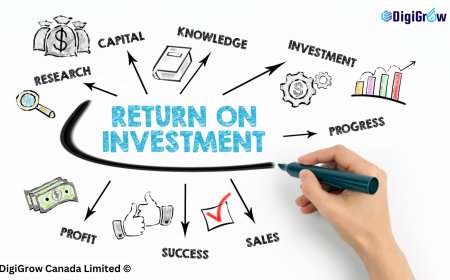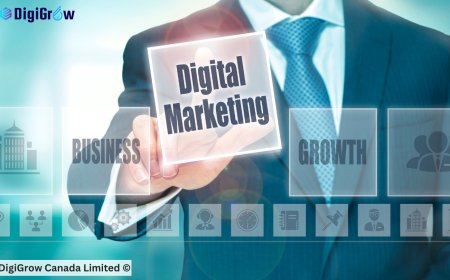How Email Marketing Can Transform Your Business
Discover how email marketing can transform your business with high ROI, direct communication, and personalized content. Learn effective strategies for growth.

Introduction
Email marketing remains one of the most effective digital marketing strategies. It offers a direct line of communication with customers and prospects, enabling businesses to build relationships, promote products, and drive conversions. This article explores the benefits of email marketing and provides strategies for leveraging its power to transform your business.
Why Email Marketing Matters
-
High ROI Email marketing consistently delivers one of the highest returns on investment (ROI) of any marketing channel. For every dollar spent, businesses can expect an average return of $42.
-
Direct Communication Email allows businesses to communicate directly with their audience. Unlike social media, where algorithms control visibility, email ensures your message reaches the intended recipient's inbox.
-
Personalization Email marketing enables highly personalized communication. By segmenting your email list, you can send targeted messages that resonate with specific groups of customers based on their preferences and behaviors.
-
Measurable Results Email marketing provides detailed analytics that help track performance. Metrics such as open rates, click-through rates, and conversions offer insights into what works and what needs improvement.
-
Builds Customer Relationships Regular communication through email helps build and maintain strong relationships with customers. By providing valuable content, businesses can nurture leads and keep customers engaged.
Effective Email Marketing Strategies
-
Build a Quality Email List Focus on growing a quality email list with subscribers who are genuinely interested in your products or services. Use lead magnets like ebooks, whitepapers, or discounts to encourage sign-ups.
-
Segment Your Audience Divide your email list into segments based on demographics, purchase history, and engagement levels. This allows for more personalized and relevant email campaigns.
-
Craft Compelling Subject Lines The subject line is the first thing recipients see, so make it compelling. A strong subject line increases the likelihood of your email being opened.
-
Provide Valuable Content Ensure your emails offer value to the recipient. This could be in the form of educational content, exclusive offers, or updates about new products and services.
-
Optimize for Mobile With a significant portion of emails being opened on mobile devices, it’s crucial to ensure your emails are mobile-friendly. Use responsive design and concise, easy-to-read content.
-
A/B Testing Conduct A/B tests to determine what works best for your audience. Test different subject lines, email designs, and calls-to-action to optimize your campaigns.
-
Automate Your Campaigns Use email marketing automation to streamline your campaigns. Automated emails can be triggered based on user actions, such as welcome emails for new subscribers or follow-up emails after a purchase.
-
Monitor and Analyze Performance Regularly review your email marketing metrics to assess the effectiveness of your campaigns. Use this data to make informed decisions and continuously improve your strategy.
Case Study: Email Marketing Success
A prime example of email marketing success is the campaign by Amazon. By leveraging personalized recommendations and targeted promotions, Amazon has effectively used email marketing to drive sales and enhance customer loyalty. Their use of customer data to tailor emails to individual preferences has set a benchmark for effective email marketing.
Conclusion
Email marketing is a powerful tool that can significantly impact your business's success. By implementing effective strategies such as building a quality email list, personalizing content, and optimizing for mobile, businesses can harness the full potential of email marketing. Embracing email marketing is essential for building strong customer relationships and driving long-term growth.
What's Your Reaction?
 Like
0
Like
0
 Dislike
0
Dislike
0
 Love
0
Love
0
 Funny
0
Funny
0
 Angry
0
Angry
0
 Sad
0
Sad
0
 Wow
0
Wow
0






















































